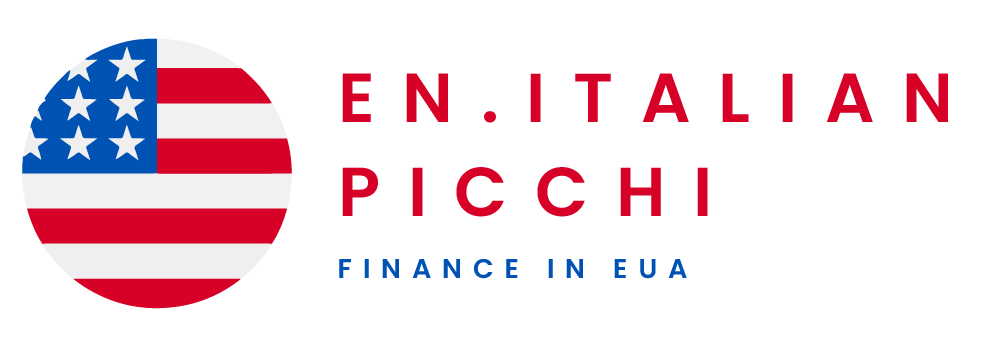In a world of constant market changes and unexpected economic downturns, how can one keep their assets safe and growing? This question is at the core of keeping investments safe, challenging what we think about financial security. Economic crises can hit without warning, affecting asset values and investor confidence a lot.
So, it’s key to know how to protect wealth. This article explores steps to safeguard investments and build resilience in uncertain times.
Understanding Economic Crises and Their Impact on Investments
An economic crisis is a big challenge for investors. It changes the financial market landscape a lot. Knowing what causes an economic crisis helps investors deal with the turmoil better.
These crises can come from many sources like financial failures, natural disasters, or global conflicts. They cause a big drop in economic activity. This drop hurts consumer confidence and leads to more job losses.
What Constitutes an Economic Crisis?
An economic downturn means a big drop in productivity and income. It leads to less spending by consumers and more job losses. This makes the situation even more unstable.
Investors need to rethink their plans during these times. They focus on protecting their assets to avoid big losses.
Historical Examples of Economic Crises
The Great Depression of the 1930s and the 2008 financial crisis are examples of economic crises. They showed how these crises can hurt investment markets a lot. These events caused big drops in asset values and long recovery times.
Learning from these crises helps investors prepare for the future. For more insights, checking out expert analyses is a good idea.
Effects of Crises on Different Asset Classes
Economic downturns don’t affect all assets the same way. Stocks usually see the biggest drops. This makes investors look for safer options.
Assets like gold and bonds are often seen as safe during these times. Understanding how different assets react to crises is key to protecting wealth and reducing risks.
Strategies for Diversifying Investment Portfolios
Effective strategies for diversification are key to investment success. By using portfolio defense, investors can manage risks well. A good portfolio aims for growth and keeps wealth safe during tough economic times.
Importance of Diversification
Diversification is a basic way to lower risk in investments. By spreading money across different types, like stocks, bonds, real estate, and commodities, you get strong protection. If one investment does poorly, others can still do well, helping you avoid big losses.
Different Asset Classes to Consider
Creating a balanced portfolio means mixing different asset classes. Look into stocks, bonds, and alternative assets like real estate or commodities. Each type reacts differently to market changes, helping manage risks and protect against economic ups and downs. This mix can lead to more stable returns over time.
Balancing Risk and Reward
Investors must consider their risk tolerance and financial goals. It’s important to balance risk and reward in a diversified portfolio. This way, you aim for high returns while keeping risks low. Focusing on wealth preservation helps your investments stay strong against economic challenges.
👉 Learn more about how to build a diversified and resilient investment portfolio
Utilizing Professional Financial Advice
Getting professional financial advice is key to financial security. It’s especially important during uncertain times or big life changes. A financial advisor can help you check if your investments match your goals and protect your assets.
When to Seek Professional Guidance
Think about getting a financial advisor during economic ups and downs. Or when you’re going through big life events like a job change, getting an inheritance, or planning for retirement. These times often mean you need to look at your investments again to keep your finances safe for the long run.
Choosing the Right Financial Advisor
Finding the right financial advisor takes some thought. Look at their qualifications and experience. Make sure they know about the areas you need help with. Also, check if they follow a fiduciary standard. This means they always put your interests first when giving investment advice.
Questions to Ask Your Advisor
When looking at advisors, ask about their investment views, how they charge, and their past results. Find out how they keep you updated on market changes and how they handle economic shifts. Asking these questions helps you see if the advisor can help you reach your financial goals and protect your assets.
Monitoring Market Trends and Indicators
Keeping an eye on market trends and economic indicators is key to good investment strategies. By knowing the right indicators, investors can make smart choices. These choices match up with the current market and economic forecasts.
Key Economic Indicators to Watch
Investors should watch GDP growth, unemployment rates, and inflation rates closely. The Consumer Confidence Index also gives insight into what consumers are thinking. These signs help investors understand the economy’s health and adjust their plans.
Tools for Analyzing Market Trends
Using tools like stock screening apps and financial news sites helps track trends. Economic databases are also great for seeing changes in the market. With these tools, investors can spot changes in asset performance early and act fast.
Adjusting Investments Based on Insights
As trends change, it’s important to review and update investment plans. Investors who listen to market signals can protect their money better. Making smart moves based on what you know can lead to better financial results, even when the economy is shaky.
Building an Emergency Fund for Financial Security
Creating an emergency fund is key to financial security. It acts as a safety net for unexpected costs or economic downturns. This way, people can stay stable without having to sell investments when markets are bad. It helps protect wealth and keeps investors strong during crises.
Purpose of an Emergency Fund
An emergency fund’s main goal is to provide quick cash when emergencies happen. It helps people deal with financial issues without hurting their long-term plans. This fund is vital for covering sudden costs, like medical bills or losing a job, which can seriously affect finances.
How Much Should Be Saved?
Experts suggest saving three to six months’ worth of living costs. This amount can change based on job stability and personal financial needs. Setting a goal that fits your situation helps protect your wealth and prepares you for economic surprises.
Tips for Building and Maintaining an Emergency Fund
To grow and keep your emergency fund, open a special savings account. Automatic transfers from your checking to savings make saving easier. Cutting unnecessary expenses can also boost your savings. It’s important to check your fund regularly to make sure it’s enough for unexpected times. For more tips on managing money, check out this resource.




